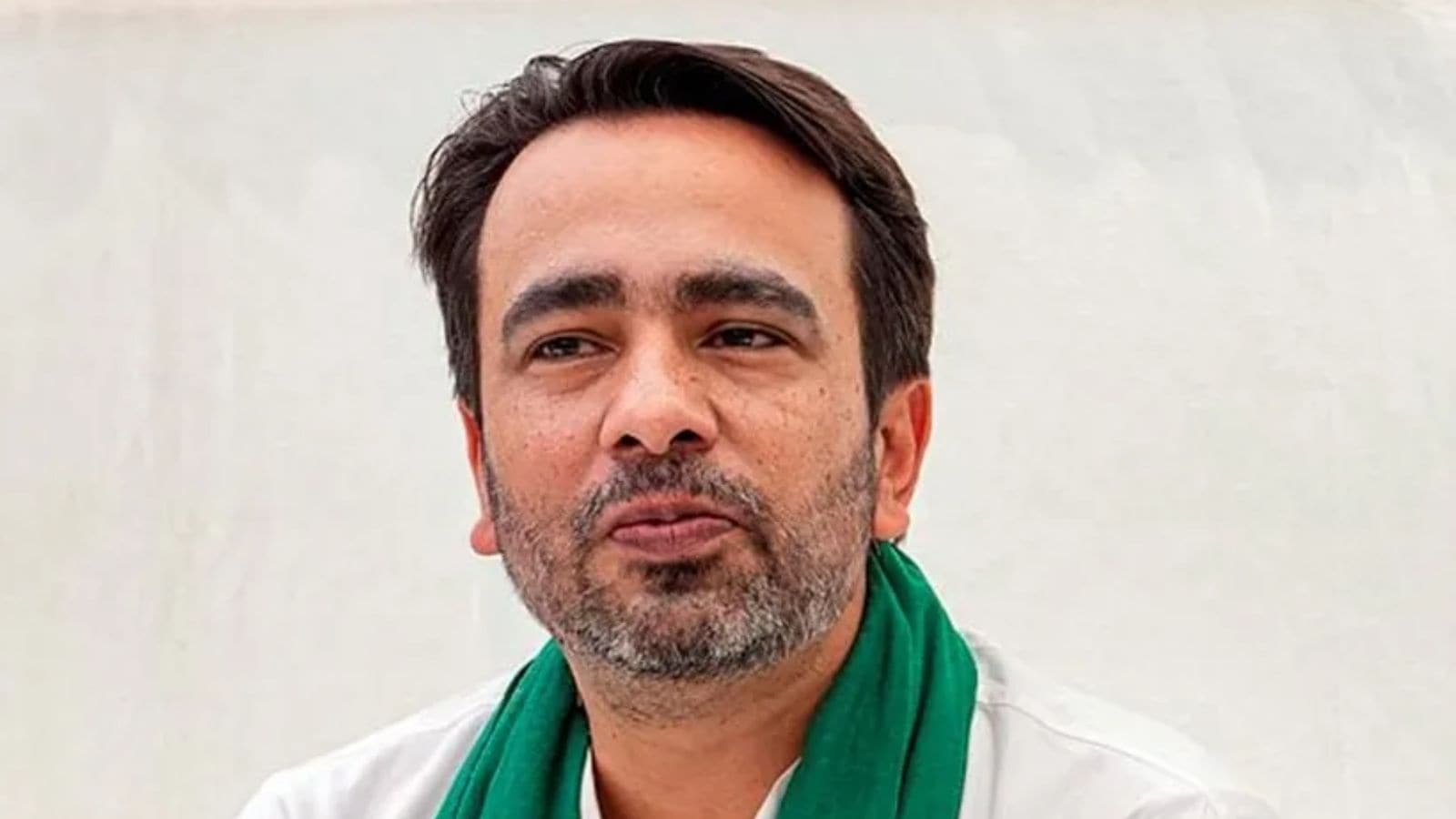Crypto Wealth Revealed: Union Ministers' Portfolio Surprises with Digital Asset Declarations

In a groundbreaking move, Union Minister Rajeev Chandrasekhar has become the first government official to publicly declare cryptocurrency holdings in his annual financial disclosures. This unprecedented step highlights the growing recognition and transparency surrounding digital assets within India's governmental circles.
The minister's declaration marks a significant milestone in the evolving landscape of cryptocurrency reporting in India, potentially setting a new precedent for financial transparency among public officials. By openly listing his cryptocurrency investments, Chandrasekhar demonstrates a forward-thinking approach to emerging digital financial technologies.
This disclosure comes at a time of intense discussion and regulatory scrutiny of cryptocurrencies in India, signaling a potential shift towards more open and accountable financial reporting in the digital asset space.







